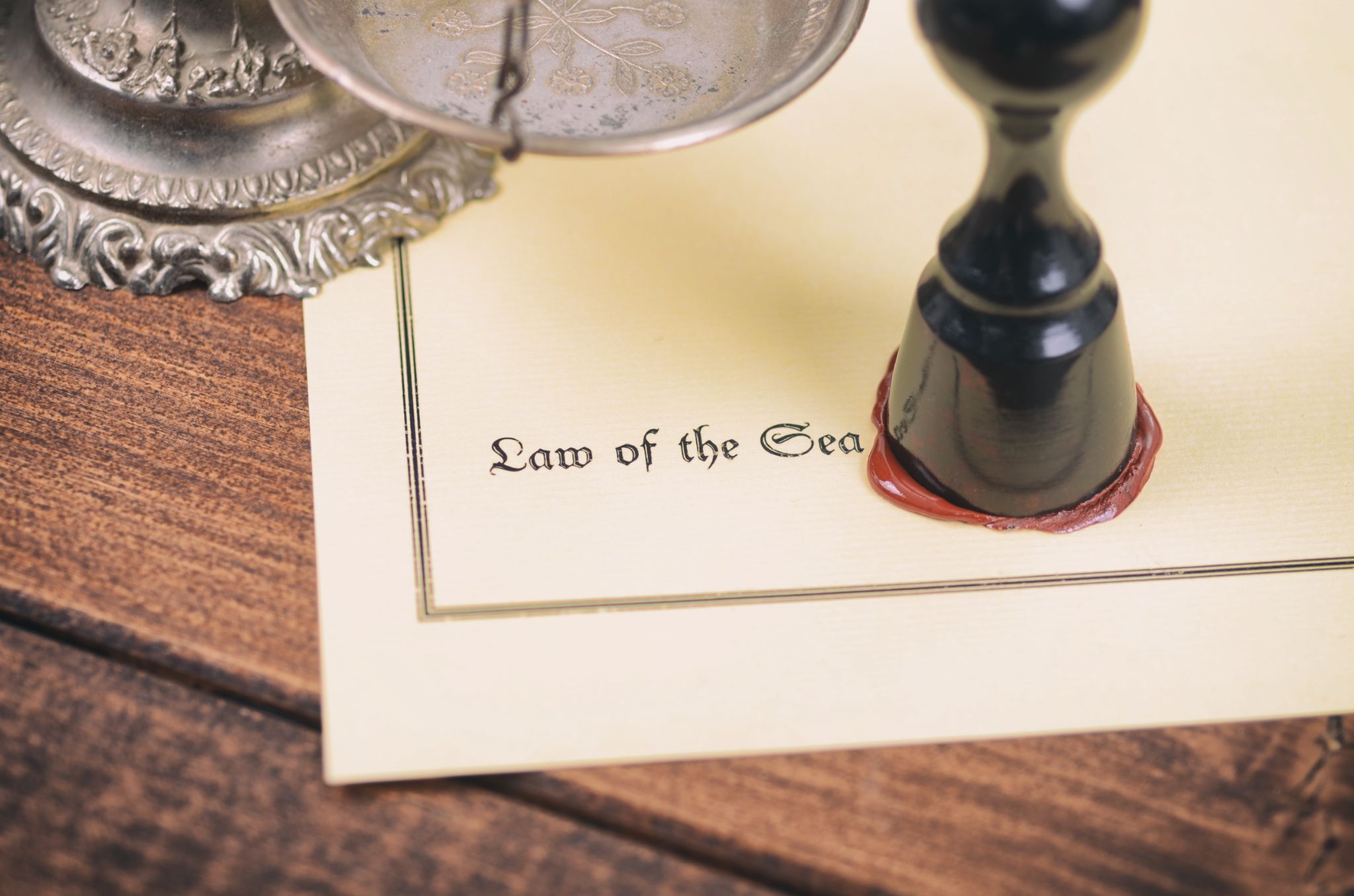
Blog
What Is the Difference Between Admiralty and Maritime Law?
Posted in Maritime, Maritime Admiralty Law
Is there a difference between maritime and admiralty law, and why are these terms often used interchangeably? Historically, these terms applied to different types of legal actions associated with vessels, passengers, and crews at sea.
Admiralty vs. Maritime Law
The terms admiralty law and admiralty courts originated in England. These courts handled only specific disputes and claims arising from contracts and torts of the high seas. These claims involved subjects like lost or spoiled cargo, usually between a business owner who contracted for a shipment and a shipowner who failed to deliver those goods.
Maritime law referred to the expansion of legal protections to deal with claims relating to hazards of ocean travel or personal injuries sustained while working on a vessel.1 As admiralty law expanded to include cases involving maritime injuries and worker’s rights, the distinction between maritime and admiralty law became blurred, and now the terms are used interchangeably in the United States court system.
Admiralty and Maritime Jurisdictions
In the U.S., federal courts were chosen to have admiralty or maritime jurisdiction. Maritime cases can have national importance and affect trade with other countries, so deciding these at the federal level and under the ancient codes of the law of the sea was deemed most appropriate.
This jurisdiction is granted in Article III, Section 2 of the U.S. Constitution. The federal admiralty courts follow the maritime body of law, operate by their own set of procedures, conduct trials without juries, and handle many cases “in rem,” which means actions are filed against vessels themselves, rather than their individual owners.2
State courts may also have jurisdiction in a case involving admiralty and maritime law, but decisions must be made following the federal maritime laws. This “concurrent jurisdiction” allows people to seek certain legal remedies under state law that may not be available from the federal court.
Where Does Maritime or Admiralty Law Apply?
At a high level, maritime law applies on vessels in navigable waters. In ancient times, these terms were sufficient, but, over time, they have both been expanded and more clearly defined. Determining if admiralty laws apply to a case involves understanding all the types of vessels and the waters in which they operate.
The legal definition of a “vessel” includes:
- Fishing boats
- Yachts
- Tugboats
- Cargo ships
- Barges
- Dredges
- Cruise ships
- Crew boats
- Tankers
- Towboats
- Offshore oil rigs
- Mobile drilling platforms
The definition of navigable waters has been both expanded and restricted over the years, and there are specific depths and distances from the coastline that may change the jurisdiction of cases surrounding an oil platform, for example.
In general, navigable waters are defined as:
- Oceans
- Lakes
- Rivers
- Bayous
- Harbors adjacent to these bodies of water
Who Is Protected by Maritime or Admiralty Law?
Congress has passed laws several times that expand the protections granted to maritime workers under the law. Individuals gained the ability to sue for injuries or wrongful death at sea, as well as the right to sue the United States itself. The ability to sue was also extended to workers engaged in offshore energy production in the waters of the outer continental shelf.2
The laws governing these cases now extend into maritime labor regulation, commercial shipping, and salvage. For a case to be filed under maritime law, these conditions must be met:
- A vessel was involved in causing damage, injury, or loss.
- The damage, injury, or loss happened while the vessel was in navigable waters.
- In cases of personal injury or wrongful death, the injured person must have been performing duties related to their service of the vessel.
What Types of Cases Are Decided by Maritime or Admiralty Courts?
Cases involving maritime matters will almost always fall under admiralty court jurisdiction. Prime examples of the types of cases handled in these federal maritime courts include:1
- Shipping accidents where vessels are damaged or cargo is lost
- Cases of piracy or criminal activity at sea
- Fraud or contract violations
- Pollution or environmental damage caused by the activities of a vessel
- Failure to provide maintenance and cure to injured workers
- Employee deaths or injuries caused by shipowner negligence
A maritime court can take action to arrest a ship in cases where a significant claim has been made against the vessel. In order to recover the ship, the owner(s) will need to post a significant bond and may risk losing their vessel if they do not pay court-ordered compensation.1
Does Your Case Fall Under Maritime or Admiralty Jurisdiction?
Personal injuries and wrongful death that occur on a vessel typically fall under maritime law. Traditional remedies like personal injury lawsuits and workers’ compensation may not be available to these individuals.
There are many maritime laws that protect dockworkers, seamen, sailors, and oil- or gas-drilling employees. The best way to navigate the complexities of the law might be to consult with an experienced admiralty attorney or maritime law firm.
Since 1964, the maritime attorneys at Maintenance and Cure have helped thousands of maritime workers with experienced representation and compassionate support. In every case, your initial consultation is free, and you will pay no costs unless we win your case in court or reach a fair and equitable settlement for you and your family. Contact us today for the legal guidance you need after a serious accident at sea.
Sources:















